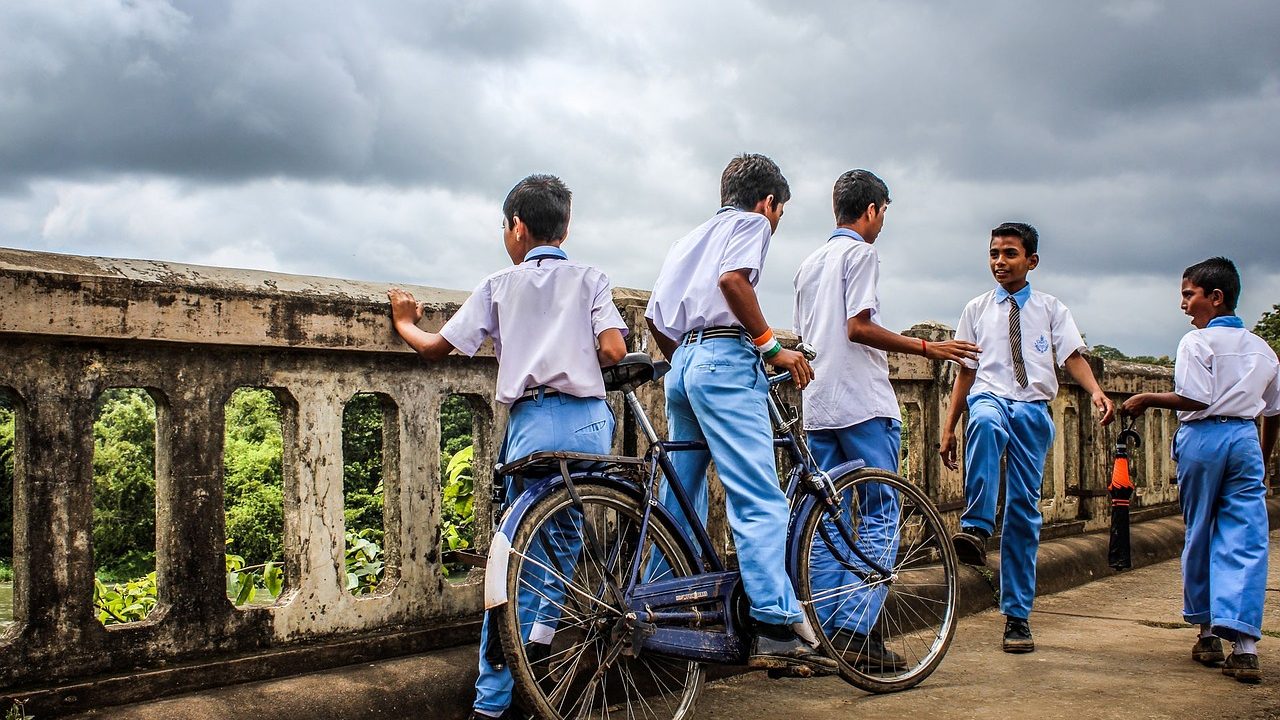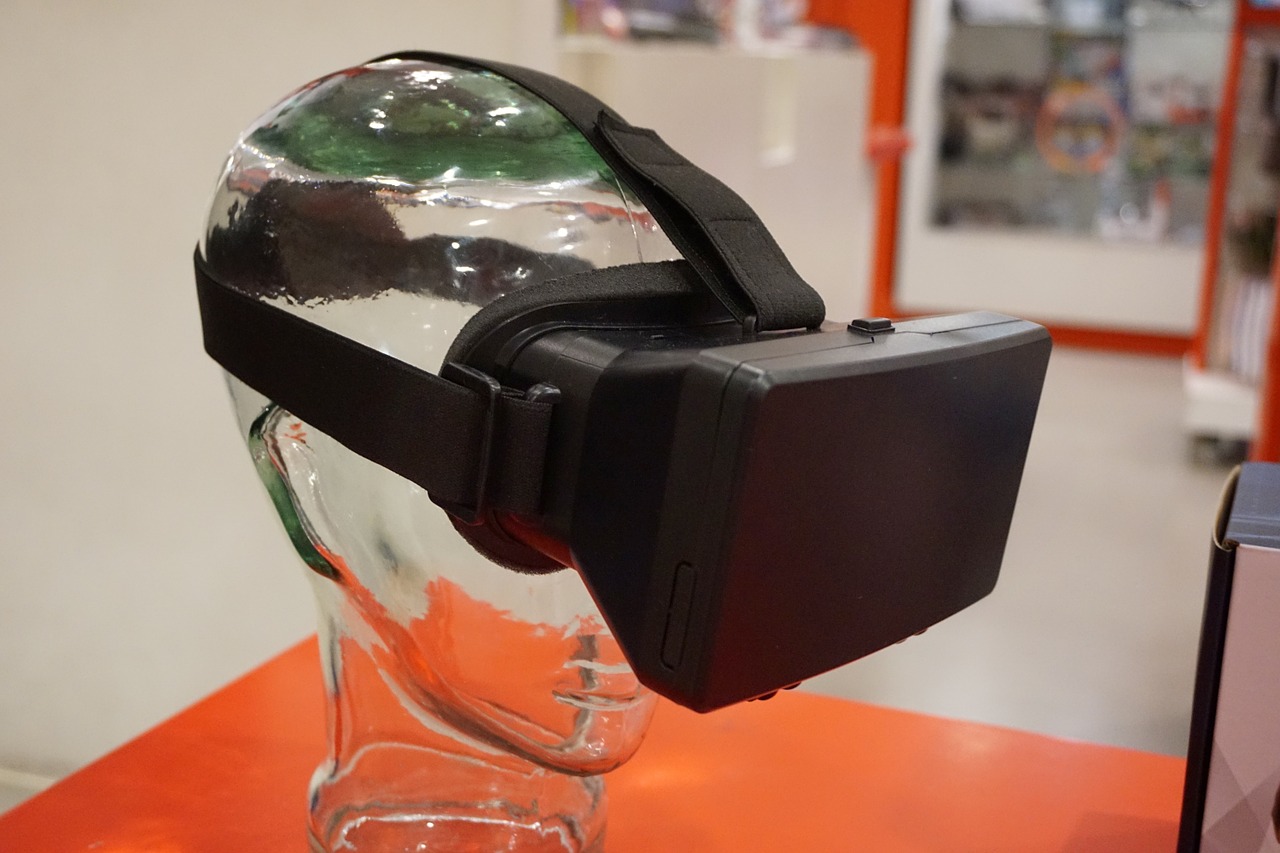A new study has revealed that government schools are more likely to encourage healthy practices than private schools.
The study was done in 19 co-educational schools located in Delhi that had primary and senior-secondary level classes to understand how many of them encouraged healthy habits in children. Researchers assessed school health policies, canteen and lunch box policies, infrastructure for sports and physical activity, measures for tobacco and alcohol control.
It was found that almost all schools had some policies and practices in place to address a healthy lifestyle. Almost 80% private and 89% of government schools said they were following the Comprehensive School Health Programme suggested by the Central Board of Secondary Education (CBSE).
However, there was considerable variation in the type and number of policies amongst the schools. All government schools provided a free and balanced lunch to students of primary and upper primary classes under the mid-day meal scheme, thus discouraging consumption of junk food. None of the government schools had a canteen, while 60% of private schools had one.
Advertisements of food and beverage companies (in and outside school campus) were observed in private schools, but not in any of the government schools. The visual impact of advertisements tempts children to purchase unhealthy foods. When it came to displaying signs related to nutrition policy, only 10% private and about 55% of government schools did so.
While all schools had a playground, they were suitable for sports in 60% of the private schools as against only 33% in government schools. Adequate or good sports equipment was available in all private and 71% government schools. All the schools had physical education periods for each class. There were, however, only two physical education periods per week of 40–50 minutes, which is less than the minimum duration in the CBSE guidelines.
Most government schools provided information about the harmful effects of tobacco and alcohol in the school curriculum. But only 40% (at primary school level) and 60% (at secondary school level) private schools had similar information in their curriculum.
Tobacco vendors within a 100-yard radius of the school were observed in 40% of private and 11% of government schools. Most government schools had anti-smoking signs on display, while only one private school had such displays. One private school had an alcohol outlet in its immediate vicinity.
“Schools are an important setting for delivering health interventions. Despite this, little is known about existing school-based health initiatives in the Indian context. We have comprehensively assessed existing school policies, built environment and practices in relation to prevention and control of non-communicable diseases, beyond what is officially documented,” explained Shalini Bassi, a member of the study team from the Public Health Foundation of India (PHFI).
The onset of many lifestyles or non-communicable diseases like diabetes, obesity and cardiovascular diseases can be prevented or delayed by addressing these risk factors earlier in life. By increasing awareness about risk factors like unhealthy diet, physical inactivity and tobacco use, children can be encouraged to develop healthy practices.
The research team included Shalini Bassi, Vinay K. Gupta, Gaurang P Nazar, Tina Rawal, Soumyadeep Bhaumik and Monika Arora (PHFI); Min Hae Park (London School of Hygiene and Tropical Medicine); and Kanwal Preet Kochhar (All India Institute of Medical Sciences, New Delhi). The study results have been published in the journal PLoS One. (India Science Wire)
By: Monika Kundu Srivastava
If you liked this article, then please subscribe to our YouTube Channel for the latest Science & Tech news. You can also find us on Twitter & Facebook.



